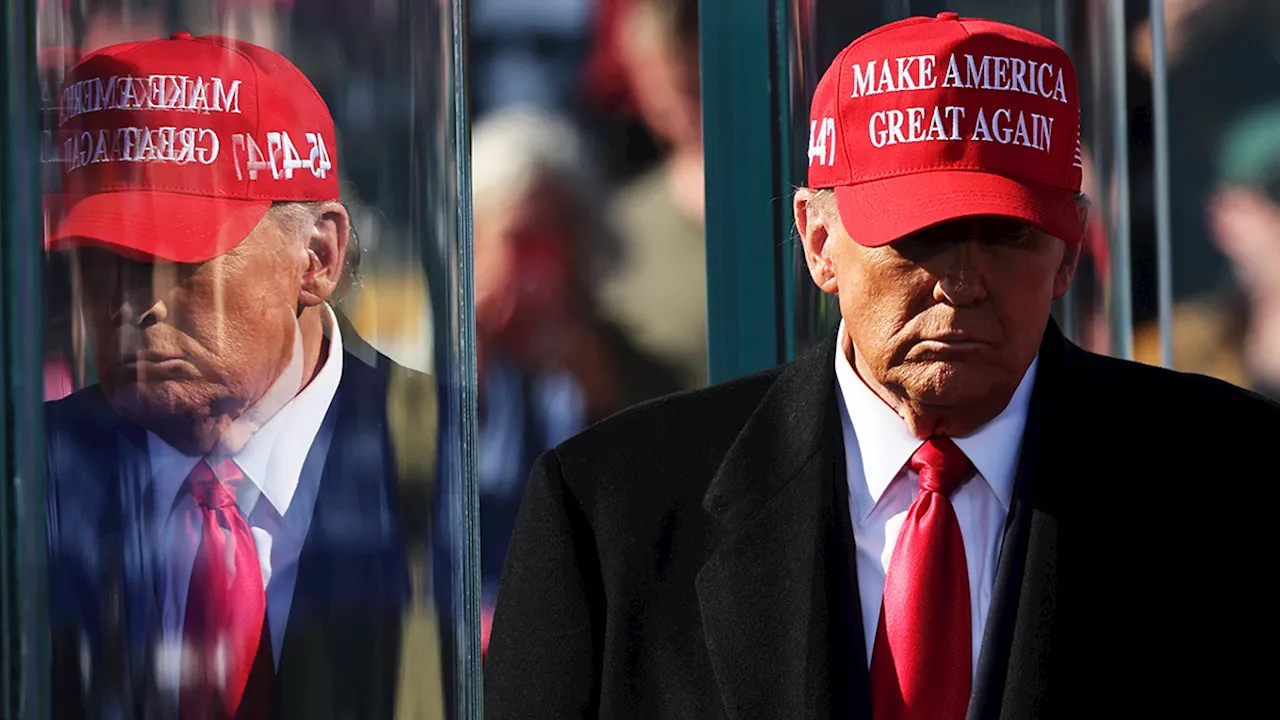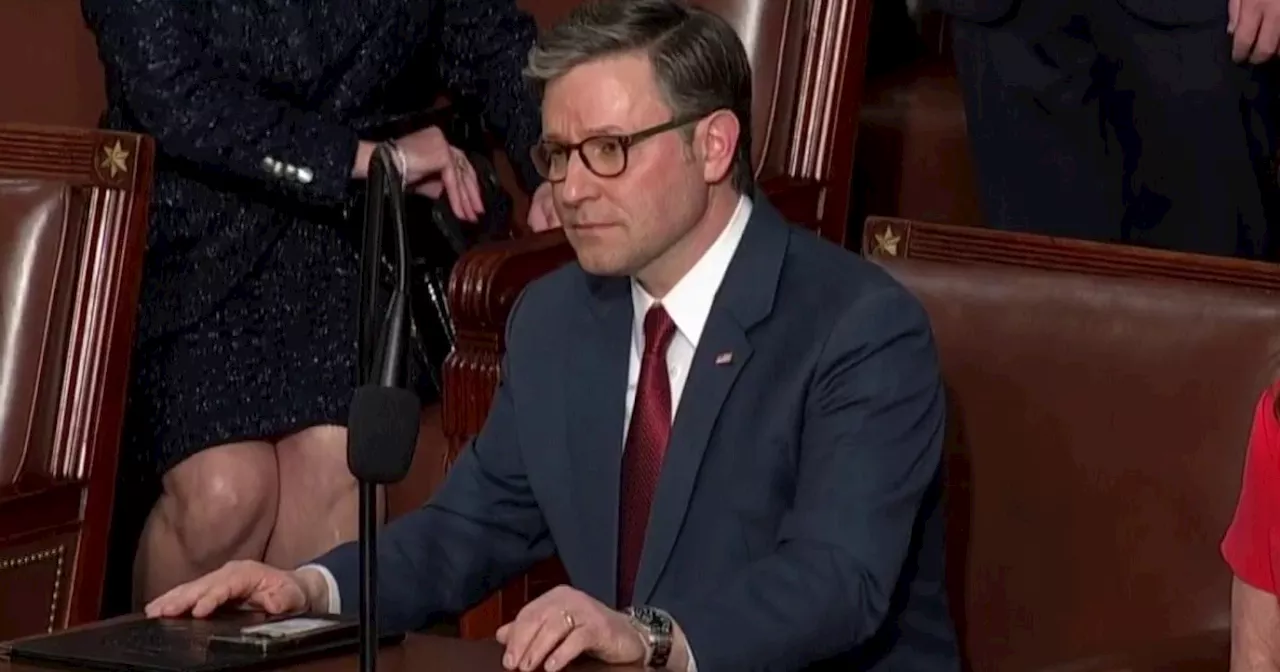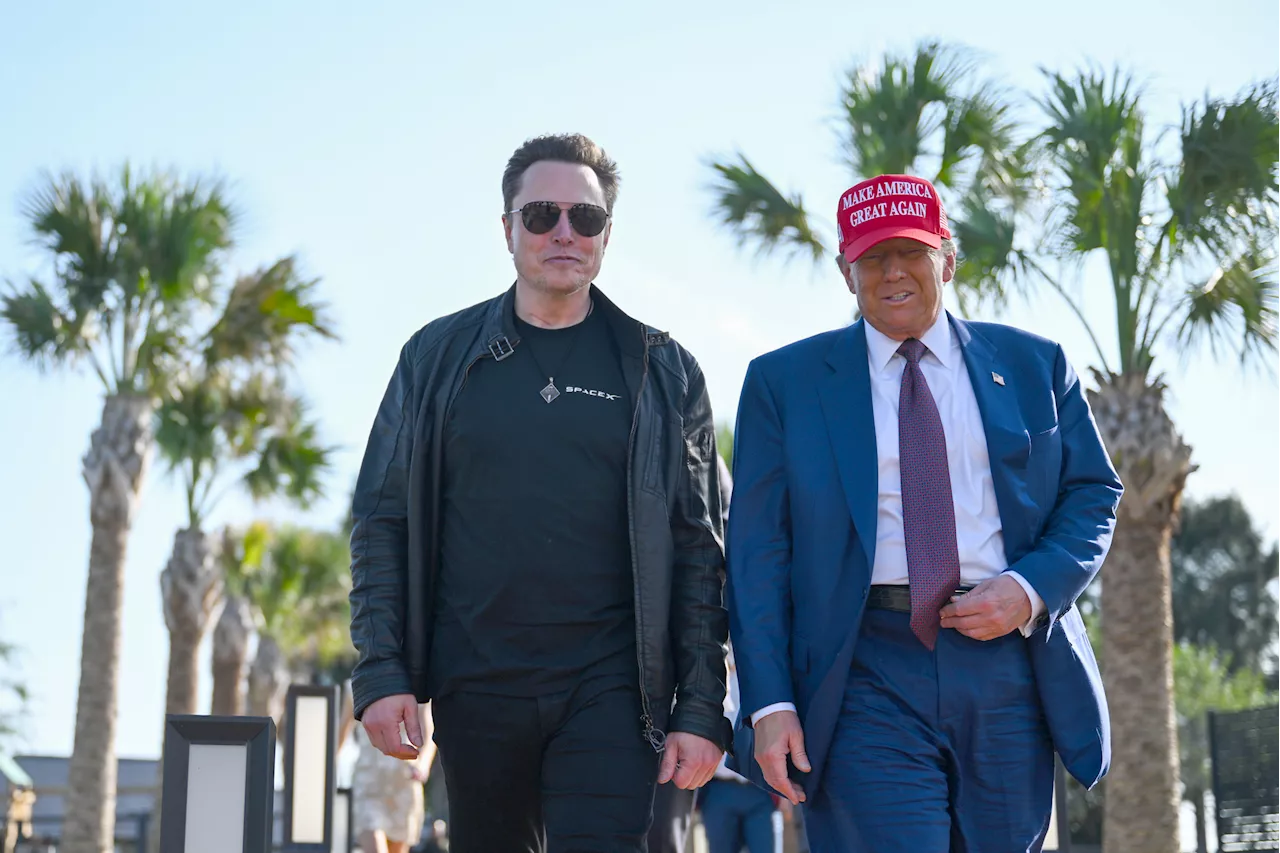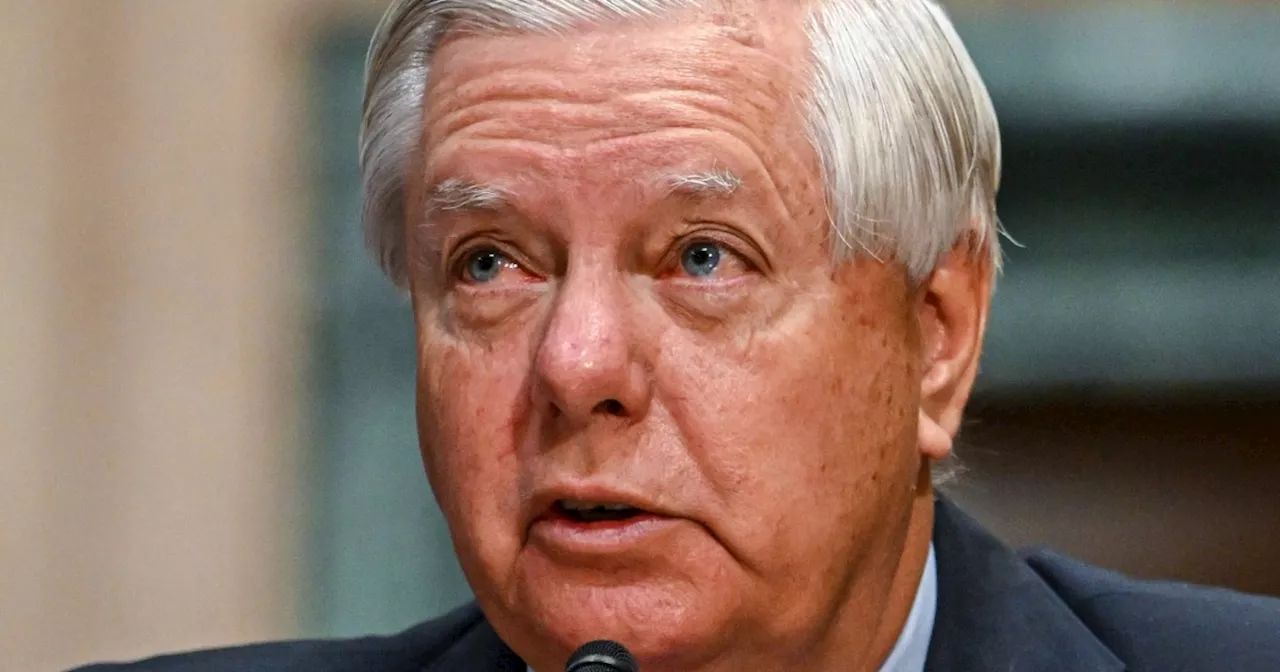In the lead-up to Trump's second inauguration, a bipartisan effort to find common ground on immigration was swiftly shut down by both the Trump administration and Republican lawmakers on Capitol Hill. This rejection of collaboration highlights a growing trend of partisan division within American politics, with Republicans increasingly opting for unilateral action rather than seeking compromise.
In the run-up to Donald Trump ’s second presidential inauguration, as the so-called Department of Government Efficiency started assembling a team, a couple of progressive activists reached out to the advisory panel, looking to partner with the initiative. The Trump transition team said it wasn’t interested. A Trump spokesperson told The New York Times, “We have no room in our administration for Democrats.” Given the circumstances, the response wasn’t too surprising.
It was just a few months ago, for example, when the Republican referred to Americans he disagrees with as “the enemy within,” “dangerous” and “evil.” That said, even the most knee-jerk partisans usually maintain the pretense of open-mindedness, saying things like, “We’re open to good ideas from anyone, regardless of politics.” Team Trump clearly isn’t bothering to keep up appearances. What’s more, as NBC News reported, the president’s GOP allies on Capitol Hill appear to be taking a similar approach. The Democratic outreach was itself notable. About a dozen Senate Democrats, led by Sen. Mark Kelly of Arizona, recently reached out to GOP leaders to make the case there was room for a bipartisan compromise on immigration. They knew this might hand the White House a political victory on a key issue, but these same senators already negotiated one bipartisan agreement on immigration and border policy — a deal Trump killed last year — and they were willing to work in good faith on another. Republican Sen. Lindsey Graham of South Carolina, the new chair of the Senate Budget Committee, turned away the outstretched Democratic hand. “On border security, no,” Graham told NBC News. Republican Sen. John Johnson of Wisconsin, when asked about the Democratic outreach, laughed out loud. “If they want to secure the border, they could have done that,” he said, apparently forgetting that Democrats did back a bipartisan agreement on border security that Republicans walked away from. This isn’t a situation in which officials tried to reach a bipartisan deal but struggled to nail down the details, leading one party to go their own way. Rather, it’s one in which Republicans effectively said from the outset, “We want a partisan bill, not a bipartisan one.” In the recent past, the Obama and Biden administrations practically begged Republicans to sit down at the table — on practically every issue — to work on bipartisan solutions. But as Trump begins a second term, GOP officials clearly prefer a different approach. As for the legislative challenge of passing major legislation in the Senate where it’s become routine to need 60 votes on most bills, Republicans believe they can pass their immigration bill through the budget reconciliation process, which means the party would need a simple majority, not a 60-vote supermajority. Watch this space
Donald Trump Republican Party Bipartisan Compromise Immigration Senate Budget Reconciliation
United States Latest News, United States Headlines
Similar News:You can also read news stories similar to this one that we have collected from other news sources.
 Trump and GOP allies falsely blame New Orleans attack on immigration failuresThe driver who killed at least 14 people and injured 30 was from Texas and was a U.S. citizen.
Trump and GOP allies falsely blame New Orleans attack on immigration failuresThe driver who killed at least 14 people and injured 30 was from Texas and was a U.S. citizen.
Read more »
 Trump, GOP Allies Falsely Blame Attacks on Immigration FailuresThis article covers a range of news stories related to Donald Trump and the Republican Party, including Trump's false blaming of immigration for recent attacks, Mike Johnson's struggle to secure enough votes to remain House Speaker, and Trump's controversial immigration policies.
Trump, GOP Allies Falsely Blame Attacks on Immigration FailuresThis article covers a range of news stories related to Donald Trump and the Republican Party, including Trump's false blaming of immigration for recent attacks, Mike Johnson's struggle to secure enough votes to remain House Speaker, and Trump's controversial immigration policies.
Read more »
 Acosta Asks GOP: Why Not Reject Trump After January 6th?CNN anchor Jim Acosta questions why the Republican Party didn't reject Donald Trump after the January 6th Capitol attack.
Acosta Asks GOP: Why Not Reject Trump After January 6th?CNN anchor Jim Acosta questions why the Republican Party didn't reject Donald Trump after the January 6th Capitol attack.
Read more »
 Trump's 'PayPal Mafia' Allies Set to Shape Second TermPresident-elect Donald Trump is assembling a team of wealthy tech figures, many with ties to the early PayPal company, to guide his second term in the White House. This network, characterized by shared political beliefs, social connections, and financial ventures, is poised to influence policy and personnel decisions. Elon Musk, Vivek Ramaswamy, David Sacks, and Peter Thiel are among the prominent figures shaping Trump's new administration.
Trump's 'PayPal Mafia' Allies Set to Shape Second TermPresident-elect Donald Trump is assembling a team of wealthy tech figures, many with ties to the early PayPal company, to guide his second term in the White House. This network, characterized by shared political beliefs, social connections, and financial ventures, is poised to influence policy and personnel decisions. Elon Musk, Vivek Ramaswamy, David Sacks, and Peter Thiel are among the prominent figures shaping Trump's new administration.
Read more »
 Caribbean nations reject Trump’s deportee resettlement planThree Caribbean nations have rejected a proposal from the Trump transition team to become third-party resettlement nations.
Caribbean nations reject Trump’s deportee resettlement planThree Caribbean nations have rejected a proposal from the Trump transition team to become third-party resettlement nations.
Read more »
 Trump's Tech Allies Face Backlash from MAGA Base Over ImmigrationElon Musk and Vivek Ramaswamy, selected by Trump for tech roles, argue for foreign skilled workers, angering MAGA supporters.
Trump's Tech Allies Face Backlash from MAGA Base Over ImmigrationElon Musk and Vivek Ramaswamy, selected by Trump for tech roles, argue for foreign skilled workers, angering MAGA supporters.
Read more »
